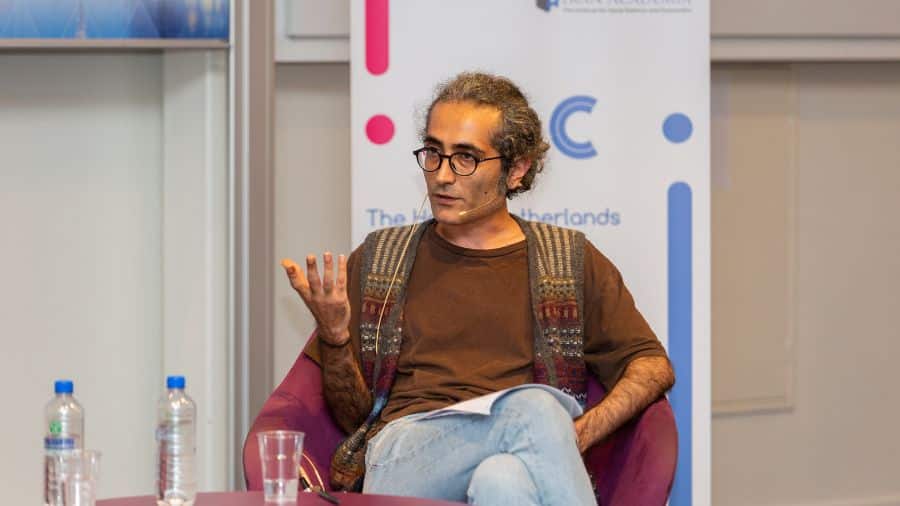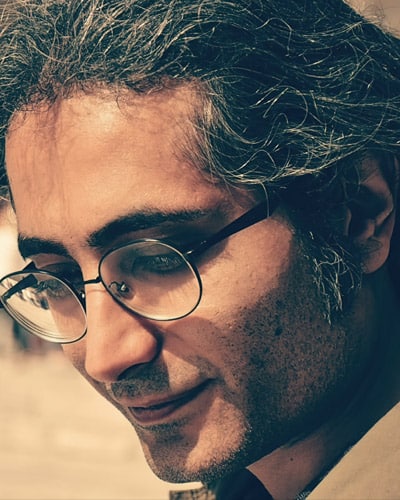Michel Foucault, a French philosopher, distinguishes between subordinated knowledge and free knowledge in regard to authority. In Iranian universities, the humanities and social sciences have evolved into instances of knowledge. This subordination of knowledge stems from two sources: first, a government agency whose purpose is to restrict and repress the processes of combative knowledge generation; and second, an academic strain that stems from the techniques and the manner in which academics approach vital social issues. The second strain in particular is founded on this basic academic concept, which establishes a hard separating line between the university and the rest of the world and stresses the necessity of maintaining a safe and objective distance when investigating a topic. Despite this, there has been a dual struggle for the production of non-subjugated knowledge: a struggle within the university that seeks to erase the strict boundaries between the classical university and the outside and connect the inside and outside of the university, and a struggle outside the university that has been engaged in the production of free and independent knowledge. Now, as we approach the 15th century and face multifaceted difficulties in Iran, it is vital to reassess the method of knowledge and the role of study in order to “alter the situation.” This article will examine this topic through the lens of a type of historiography of knowledge production in Iran.
This speech is part of the following panel:
سخنرانی ایمان گنجی




